The Unity Uprising: How a Pricing Change Could Reshape PC Gaming !
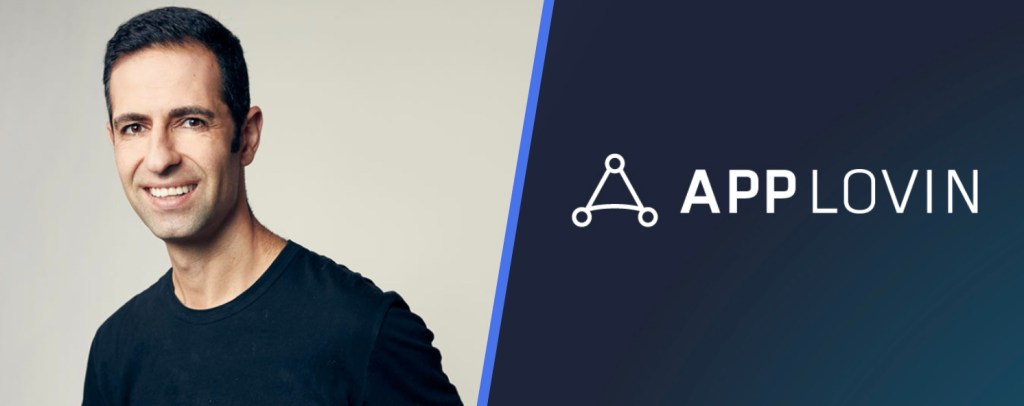
Folks, let's be frank. The Unity Runtime Fee announcement back in 2023 wasn't just a pricing adjustment; it was a seismic event that shook the foundations of the PC game development world. As a veteran who's seen engines rise and fall, companies make brilliant and boneheaded moves, I can tell you this: the repercussions are far from over. What started as outrage has the potential to fundamentally change how PC games are made, and more importantly, who gets to make them.
So, what exactly happened? Unity, the engine powering countless indie darlings and even some AAA titles, announced a new "Runtime Fee" structure. Beginning in January 2024 (later adjusted), developers would be charged a fee per install of their game, triggered after certain revenue and install thresholds were met. The specifics were initially convoluted, but the core premise – charging based on installs rather than upfront licensing or revenue share – was a shock to the system.
The outrage was immediate and deafening. Why? Because PC game development, especially the indie scene, thrives on a very different economic model than consoles. Think about it: PC games are often sold on multiple storefronts, bundled in humble bundles, offered through subscription services, and pirated extensively. An install-based fee, regardless of revenue, threatened to bankrupt studios overnight. The inherent flexibility of PC – its open nature that allows developers to reach audiences in countless ways – suddenly became a liability under Unity's proposed system.
The beauty of PC development lies in that flexibility, but also in its tighter margins. Consoles are a walled garden; PC is a sprawling wilderness. This means PC developers, especially indies, are masters of squeezing value from every sale, every bundle, every key given away. The Unity Runtime Fee threatened to undermine that delicate balance, making many games simply unprofitable.
The Crab in the Bucket: Another Crab's Treasure and the Unity Fallout
To understand the real-world impact, let's look at Aggro Crab, the Seattle-based studio behind Another Crab's Treasure, a fantastic shell-core soulslike game set in a polluted ocean.
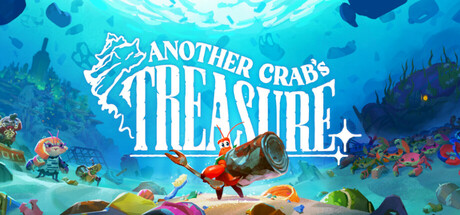
Another Crab's Treasure launched to critical acclaim, a testament to the studio’s talent and the power of the Unity engine. But the Runtime Fee announcement cast a long shadow. Imagine pouring years of work into a passion project, only to have its long-term profitability jeopardized by a sudden, unforeseen policy change. The game's availability on subscription services like Game Pass, while initially a boon, suddenly became a potential liability, with each install potentially costing the studio money regardless of the revenue generated.
While specific public statements from Aggro Crab leadership regarding ACT and the Unity situation are scant, the general sentiment across the indie dev community was palpable. The fear wasn't just about current projects, but future ones. Would they even consider Unity again, knowing the rug could be pulled out from under them at any moment?
Looking at the game's Steam forums and Discord channels, you'll find a mix of reactions. Players are thrilled with the game itself, praising its unique world and challenging gameplay. But interspersed are comments expressing concern about its future, wondering if Aggro Crab will be able to continue supporting the game long-term given the Unity situation.
The Engine Exodus: Alternatives in the PC Space
The Unity controversy accelerated a trend already underway: developers exploring alternative game engines. For PC game developers, the two main contenders are Godot Engine and Unreal Engine 5.

Godot Engine: Open-source, completely free, and lightweight. Godot is perfect for 2D and 3D games and boasts a rapidly growing community. Its licensing model is incredibly attractive – pay nothing, ever. The downside? The asset store ecosystem is less mature than Unity's, and the learning curve, while manageable, is different.
Unreal Engine 5: The industry standard for high-fidelity visuals. Unreal offers unparalleled graphical capabilities and a robust feature set. The licensing model is royalty-based (5% after surpassing $1 million in gross revenue). The biggest hurdle? The learning curve is steeper, and the engine is significantly more resource-intensive.
Unity's strength was always its accessibility. It lowered the barrier to entry for aspiring game developers. But that advantage has been eroded. While Unity has made concessions to the Runtime Fee since the initial announcement, the damage has been done. Trust is broken, and many developers are actively looking for an out. The inherent freedom PC offers, the ability to self-publish, distribute, and mod games, makes switching engines a much more viable option than on consoles.
Beyond the Crisis: The Rise of Engine-Agnostic Academies
Looking beyond the immediate fallout, I see a new opportunity emerging: engine-agnostic game development academies. Instead of focusing solely on one engine, these academies would teach developers the fundamentals of game development across multiple platforms.
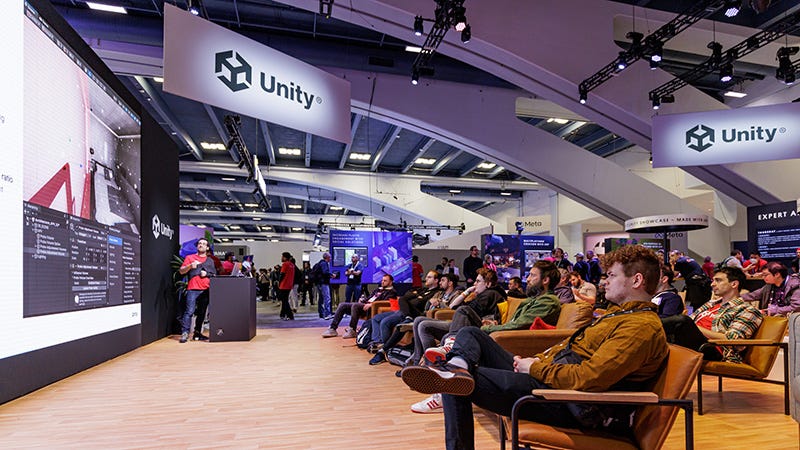
This approach would empower developers to choose the best tool for the job, mitigating the risks associated with vendor lock-in. Imagine a curriculum that covers C# scripting in Unity, GDScript in Godot, and Blueprints in Unreal. Developers would learn the core principles of game design and development, becoming adaptable and resilient in the face of industry changes.
Meet Elias Thorne.
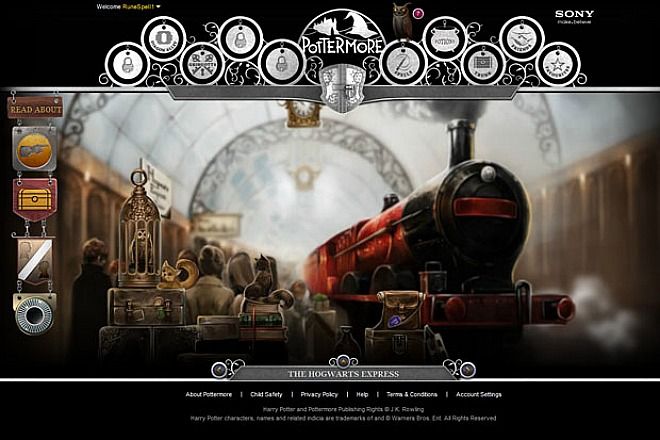
Elias has been making PC games for over two decades. He's seen it all. Now, perpetually clutching a steaming mug of coffee and sporting a tired but determined look, he's launching "Poly Engine Academy." He recognized that his extensive experience is more valuable than ever. "Developers need to diversify their skills," he tells me. "Relying on one engine is a gamble. We're here to train them to navigate the landscape and maximize their earning potential, no matter which engine they choose."
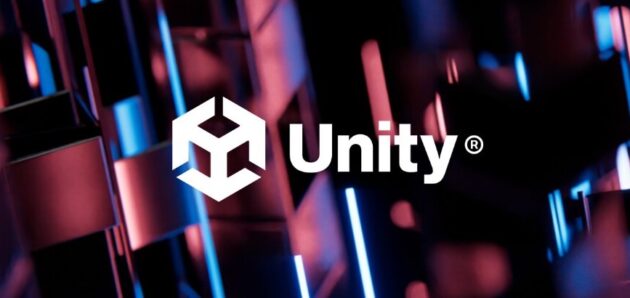
Conclusion: A New Era for PC Game Development
The Unity Runtime Fee controversy was a wake-up call. It exposed the vulnerabilities of relying on a single engine and highlighted the importance of adaptability in the ever-changing world of game development. While Unity has attempted to walk back some of the more egregious aspects of the fee structure, the trust is gone.
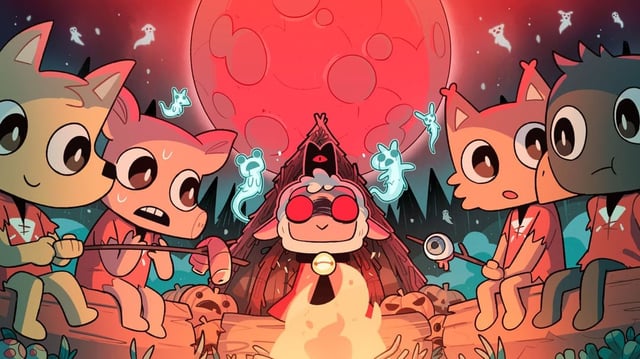
The PC gaming ecosystem, with its inherent freedom and diverse distribution channels, is uniquely positioned to weather this storm. The rise of alternative engines like Godot and Unreal, coupled with the emergence of engine-agnostic academies, points towards a future where PC game developers are more empowered and less reliant on any single vendor.
The industry is at a crossroads. The choice is simple: adapt or be left behind.
Now, I want to hear from you. What are your thoughts on the Unity Runtime Fee controversy? Should developers jump ship to alternative engines, or cautiously stick with Unity? Share your opinions in the comments below. Let's discuss how this event will reshape the future of PC game development.